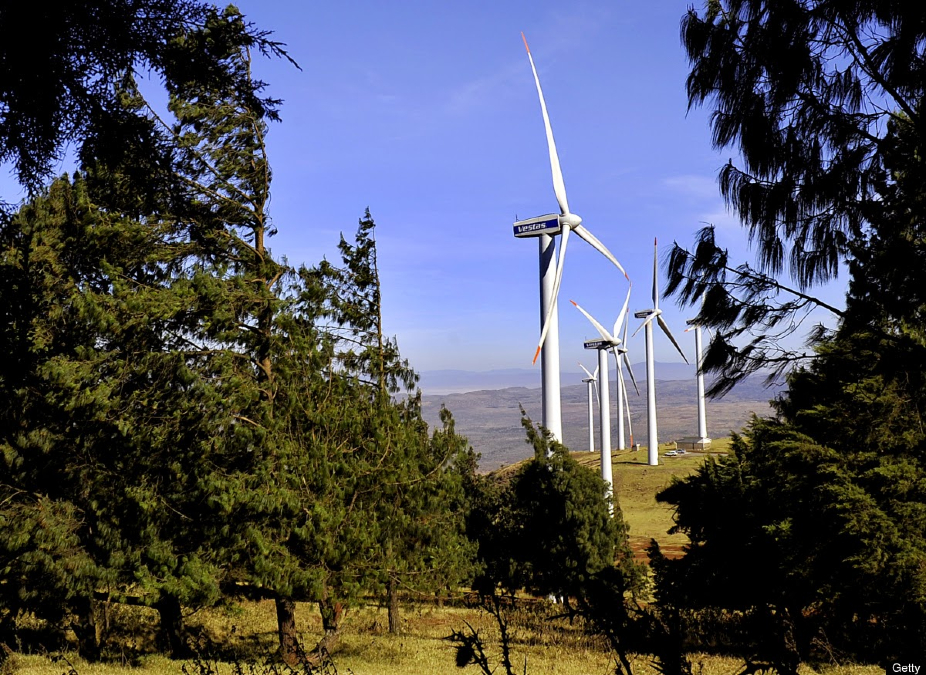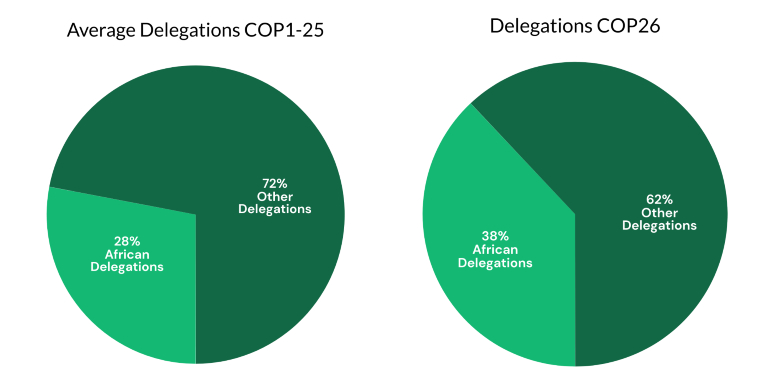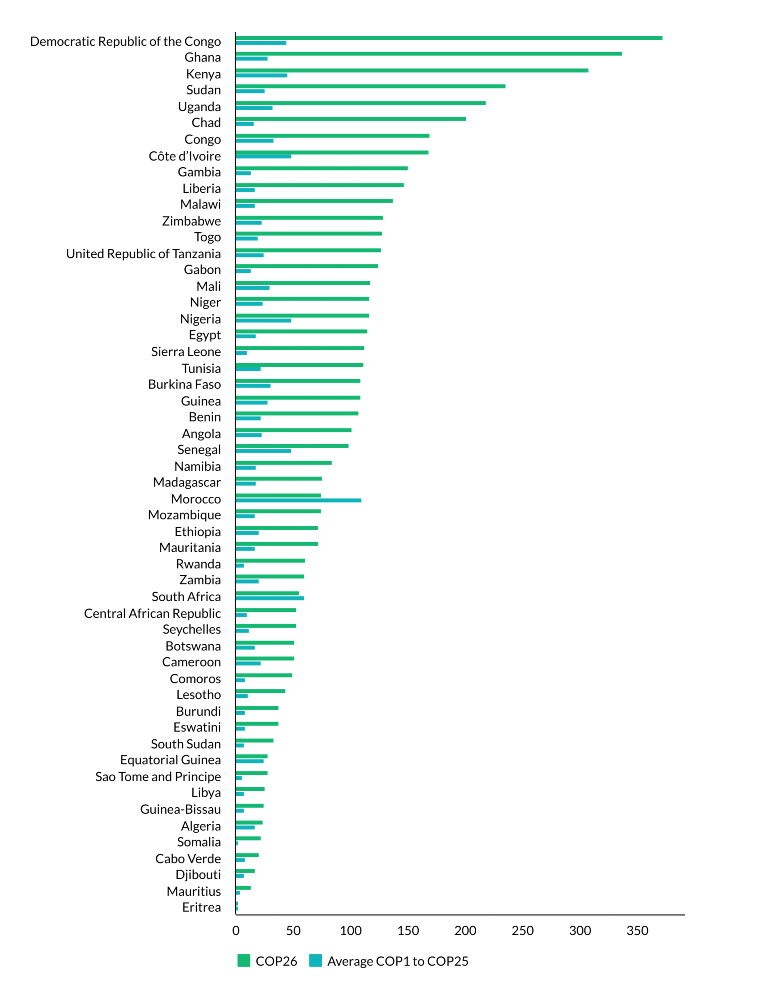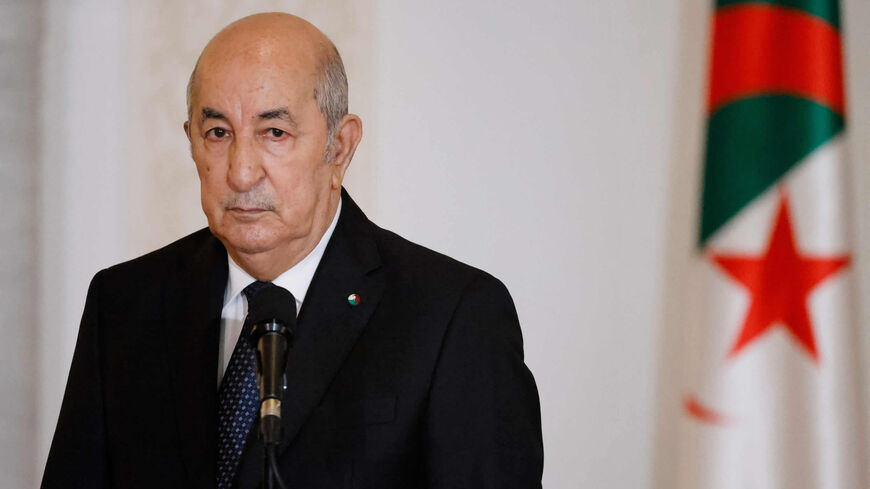Mozambican economy might grow 5% in 2023
October 26, 2022 | 12:00 | Sita Sebastião
The Government, in its State Budget proposal, predicts that the greatest contribution to economic growth, in 2023, will come from the extractive sector.

Photo: D.R.
The Mozambican government's State Budget proposal, recently sent to Parliament, projects the country's economy to grow by 5% next year, with the largest contribution to the expected growth coming from the extractive sector, with 23.1%, and the smallest contribution from commerce (2.3%).
The extractive sector was already at the top in 2021, when it contributed with 10.7% growth for the Mozambican GDP to advance 3.6% overall, when the average growth of 14 sectors was calculated.
“The extractive industry sector’s production plan for the year 2023 foresees an overall growth of 23.1%, which will be supported by the increase in the production of rubies, coal, heavy sands (ilmenite, zircon and rutile), natural gas and building materials”, reads the OE proposal, cited by Lusa.
The document also predicts an increase in gold production of 23% (to 1.3 tons) compared to projections for 2022.
In terms of heavy sands, important for new industrial applications and electronic devices, new concessions will start, including the largest in the country, due to the increase in world demand for ilmenite pigment.
With regard to graphite, with large reserves in Cabo Delgado to be exported for new electric car batteries, projections point to a growth in production in the order of 48% to 270 thousand tons. As for rubies, it is estimated that production will increase by 186%, representing 12.6 million carats. The forecast is that coal will also continue to rise, due to the global energy crisis, with the increase in production reaching 28%.
Of the three liquefied natural gas projects approved for the northern region of Mozambique, the Coral Sul platform — located offshore, far from armed violence in Cabo Delgado — will debut the export of reserves that are listed among the largest in the world. The platform led by Italian oil company Eni will produce 3.4 million tonnes per year.
The gas has already started to be processed on the platform, awaiting the filling of the first cargo ship from BP, which bought the production for 20 years.
The plan and State Budget for 2023 are expected to be discussed by the Mozambican parliament before the end of the current session in mid-December.
Mozambican economy might grow 5% in 2023
October 26, 2022 | 12:00 | Sita Sebastião
The Government, in its State Budget proposal, predicts that the greatest contribution to economic growth, in 2023, will come from the extractive sector.

Photo: D.R.
The Mozambican government's State Budget proposal, recently sent to Parliament, projects the country's economy to grow by 5% next year, with the largest contribution to the expected growth coming from the extractive sector, with 23.1%, and the smallest contribution from commerce (2.3%).
The extractive sector was already at the top in 2021, when it contributed with 10.7% growth for the Mozambican GDP to advance 3.6% overall, when the average growth of 14 sectors was calculated.
“The extractive industry sector’s production plan for the year 2023 foresees an overall growth of 23.1%, which will be supported by the increase in the production of rubies, coal, heavy sands (ilmenite, zircon and rutile), natural gas and building materials”, reads the OE proposal, cited by Lusa.
The document also predicts an increase in gold production of 23% (to 1.3 tons) compared to projections for 2022.
In terms of heavy sands, important for new industrial applications and electronic devices, new concessions will start, including the largest in the country, due to the increase in world demand for ilmenite pigment.
With regard to graphite, with large reserves in Cabo Delgado to be exported for new electric car batteries, projections point to a growth in production in the order of 48% to 270 thousand tons. As for rubies, it is estimated that production will increase by 186%, representing 12.6 million carats. The forecast is that coal will also continue to rise, due to the global energy crisis, with the increase in production reaching 28%.
Of the three liquefied natural gas projects approved for the northern region of Mozambique, the Coral Sul platform — located offshore, far from armed violence in Cabo Delgado — will debut the export of reserves that are listed among the largest in the world. The platform led by Italian oil company Eni will produce 3.4 million tonnes per year.
The gas has already started to be processed on the platform, awaiting the filling of the first cargo ship from BP, which bought the production for 20 years.
The plan and State Budget for 2023 are expected to be discussed by the Mozambican parliament before the end of the current session in mid-December.
Mozambican economy might grow 5% in 2023
 Ok damn hey you think the western government are know going to go
Ok damn hey you think the western government are know going to go on them also
on them also 




